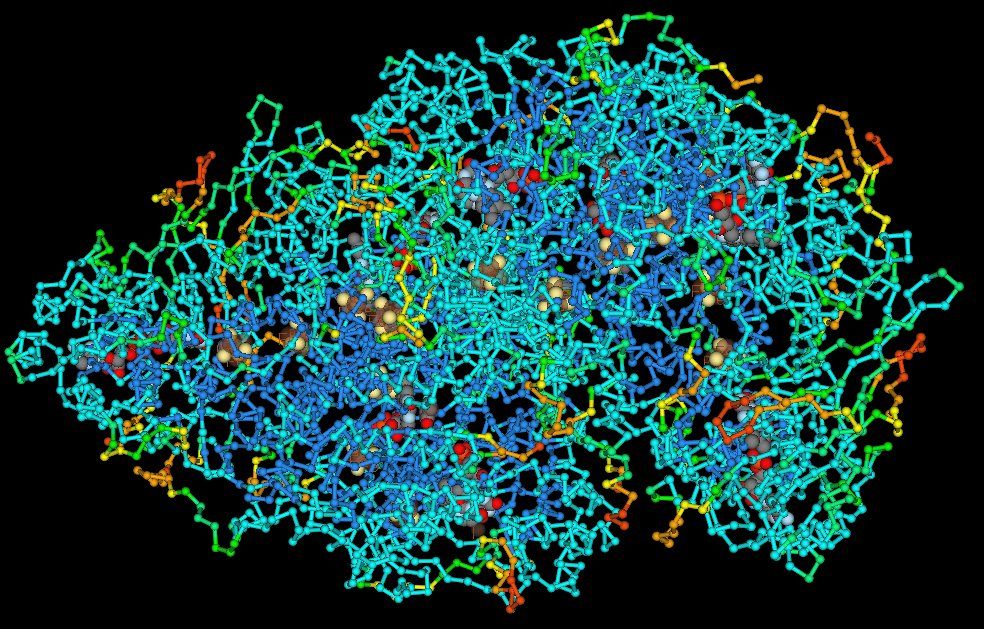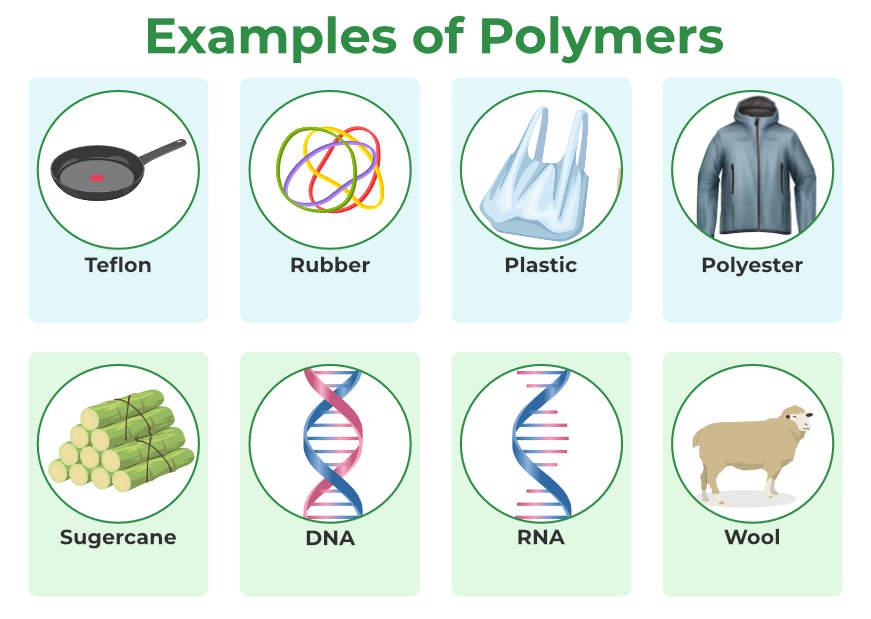Exploring the Varied Applications and Advantages of Polymers in Different Industries
Polymers, with their varied range of residential or commercial properties and performances, have come to be indispensable in various industries, each reaping distinct gain from their application. Polymers. From enhancing safety and performance in the automotive field to transforming medical gadgets in the medical care market, polymers play an essential function. Their environment-friendly nature is modifying the landscape of sustainability techniques. As we look into the depths of polymers in electronics, we uncover advanced innovations, while their structural honesty changes the realm of building and construction and infrastructure. The pervasive impact of polymers throughout markets is a testament to their versatility and flexibility, forming the future of plenty of fields.
Automotive Field Applications
Polymers play an essential function in enhancing the efficiency and sturdiness of various elements within the auto sector. One popular usage of polymers in the automotive industry is in the production of lightweight elements.

Medical Care Sector Advantages
In different health care applications, the benefits of using polymers are commonly identified for their varied array of useful properties. Polymers play an essential duty in the medical care sector because of their adaptability, biocompatibility, and cost-effectiveness. Among the main benefits of polymers in health care is their capability to be tailored to certain demands, such as versatility, longevity, and biodegradability, making them excellent for a large range of clinical applications.
Polymer-based products are extensively used in medical tools, such as catheters, implants, prosthetics, and medicine delivery systems, due to their biocompatibility and ability to resemble all-natural tissues. These materials can reduce the danger of allergies or rejections, enhancing person safety and security and results. Additionally, polymers are lightweight, making them suitable for wearable clinical gadgets and making sure client convenience.
Additionally, polymers allow the growth of innovative therapy methods, such as hydrogels for cells engineering and nanocomposites for targeted medication distribution. Their simplicity of handling and sterilization makes them crucial for preserving high criteria of hygiene in health care setups. In general, the varied benefits of polymers contribute dramatically to developments in clinical innovation and person care.
Environmental Advantages of Polymers

Additionally, polymers can add to power financial savings because of their lightweight nature. In sectors such as transport, lightweight polymer materials can assist decrease fuel usage and greenhouse gas discharges. In addition, polymers can make it possible for the growth of energy-efficient items such as insulation products that improve energy conservation in buildings.
Additionally, polymers play an essential function in lowering water air pollution. As an example, using polymer-based purification systems can properly get rid of toxins and impurities from wastewater, securing water sources and ecosystems. In general, the environmental benefits of polymers make them valuable properties in advertising sustainability and green practices throughout different markets.
Polymers in Electronics and Modern Technology
Taking into consideration the boosting demand for innovative and lasting remedies in contemporary industries, the assimilation of sophisticated polymer innovations in the world of electronics and modern technology has emerged as a pivotal strategy for driving performance and performance. Polymers have transformed the electronics sector by allowing the production of lighter, extra versatile, and sturdy electronic tools. From smart devices to medical tools, polymers play a vital role in improving product layout and capability.
One significant benefit of polymers in electronics is their protecting properties, which aid safeguard delicate electronic parts from environmental variables and electrical disturbance. In addition, polymers are vital in the development of adaptable displays, wearable modern technology, and printed electronics, supplying unlimited opportunities for creating wise and interconnected devices.
In addition, the use of polymers in electronic product packaging has actually brought about advancements in miniaturization and thermal administration, boosting the total performance and reliability of electronic systems. As innovation remains to advance, see post the flexibility and versatility of polymers will certainly drive even more technology in the electronic devices industry, shaping the future of modern technology.
Duty of Polymers in Building And Construction and Framework
Polymers use many advantages in the construction industry due to their versatility, sturdiness, and cost-effectiveness. One essential duty of polymers in building and construction is their use in finishings and sealers, offering protection versus ecological factors such as dampness, UV radiation, and rust.
Moreover, polymers play an essential duty in lasting construction techniques by making it possible for the advancement of energy-efficient frameworks. Protecting products made from blog polymers assist regulate indoor temperature levels, minimizing the need for home heating and cooling systems and eventually lowering power consumption. Moreover, the use of polymer-based composites in facilities projects such as bridges and roads boosts their durability and lowers maintenance prices. In general, the unification of polymers in building and construction and infrastructure showcases their significant influence on contemporary design techniques.
Conclusion
In conclusion, polymers play an important role in different markets such as auto, medical care, ecological, electronic devices, and construction. Their flexible residential properties make them beneficial in developing cutting-edge remedies and items. From improving gas efficiency in vehicles to improving clinical devices, polymers use countless benefits. Additionally, their effect on reducing waste and promoting sustainability highlights their importance in modern applications. The prevalent use polymers shows their significant contribution to advancing technology and enhancing lifestyle.